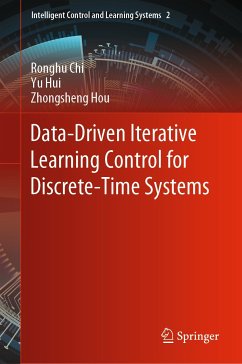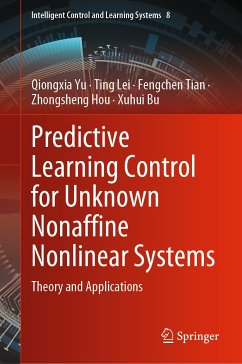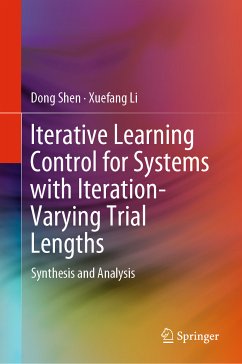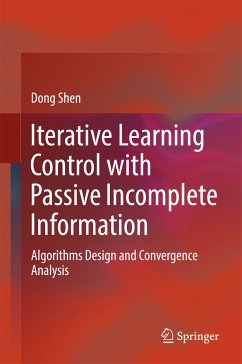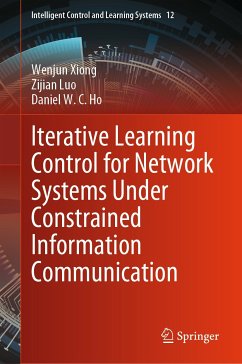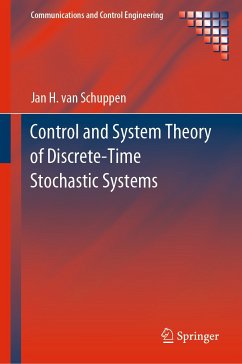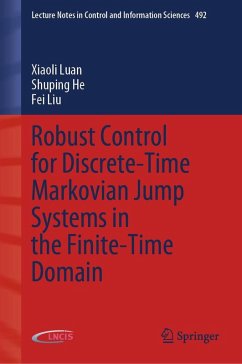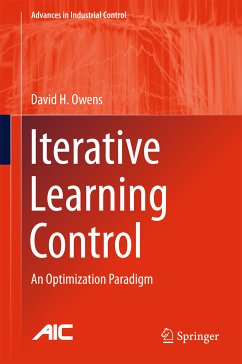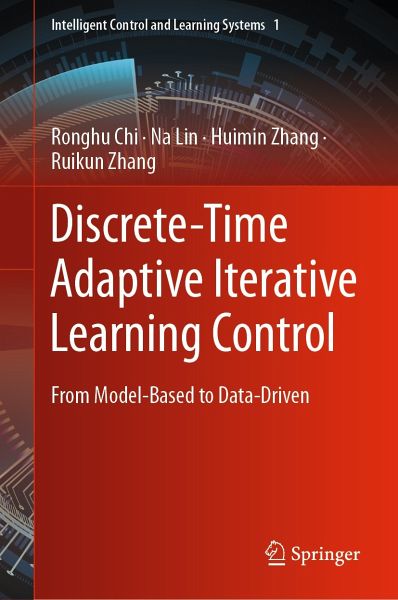
Discrete-Time Adaptive Iterative Learning Control (eBook, PDF)
From Model-Based to Data-Driven
Versandkostenfrei!
Sofort per Download lieferbar
96,95 €
inkl. MwSt.
Weitere Ausgaben:

PAYBACK Punkte
48 °P sammeln!
This book belongs to the subject of control and systems theory. The discrete-time adaptive iterative learning control (DAILC) is discussed as a cutting-edge of ILC and can address random initial states, iteration-varying targets, and other non-repetitive uncertainties in practical applications. This book begins with the design and analysis of model-based DAILC methods by referencing the tools used in the discrete-time adaptive control theory. To overcome the extreme difficulties in modeling a complex system, the data-driven DAILC methods are further discussed by building a linear parametric da...
This book belongs to the subject of control and systems theory. The discrete-time adaptive iterative learning control (DAILC) is discussed as a cutting-edge of ILC and can address random initial states, iteration-varying targets, and other non-repetitive uncertainties in practical applications. This book begins with the design and analysis of model-based DAILC methods by referencing the tools used in the discrete-time adaptive control theory. To overcome the extreme difficulties in modeling a complex system, the data-driven DAILC methods are further discussed by building a linear parametric data mapping between two consecutive iterations. Other significant improvements and extensions of the model-based/data-driven DAILC are also studied to facilitate broader applications. The readers can learn the recent progress on DAILC with consideration of various applications. This book is intended for academic scholars, engineers and graduate students who are interested in learning control, adaptive control, nonlinear systems, and related fields.
Dieser Download kann aus rechtlichen Gründen nur mit Rechnungsadresse in A, B, BG, CY, CZ, D, DK, EW, E, FIN, F, GR, HR, H, IRL, I, LT, L, LR, M, NL, PL, P, R, S, SLO, SK ausgeliefert werden.



